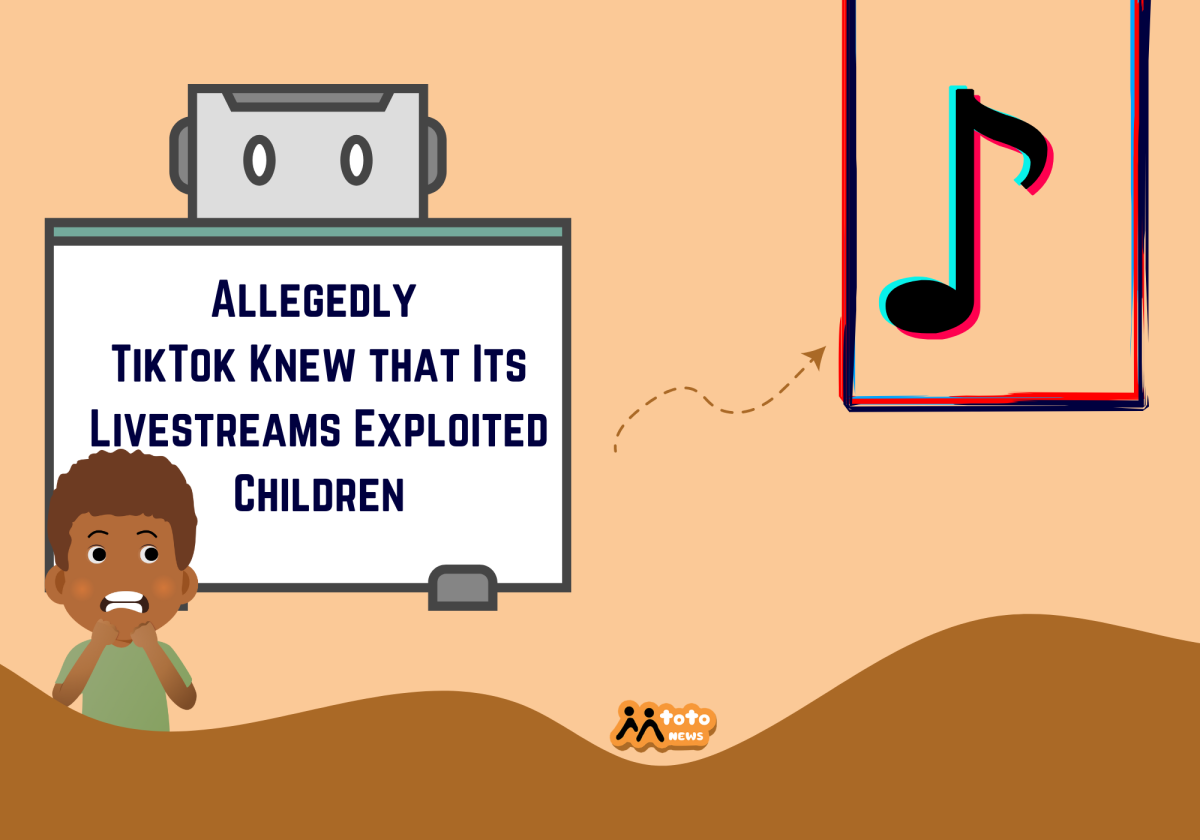Written by Jermaine Magethe
Kenya has become a hotbed for online child exploitation, fueled by a young, tech-savvy population and widespread internet access. A worrisome tendency has evolved on TikTok Live, particularly during late-night hours, in which explicit content is encouraged, frequently involving youngsters being groomed by adults to do sexual activities in exchange for virtual rewards. During these livestreams, emoji-based “gifts,” which carry monetary value, flood the screen as viewers send them to performers. Many livestream hosts use coded language to solicit interactions. Phrases like “Inbox me for sexual favors, guys. Tap, tap,” are common, with “Tap, tap” being a widely recognized TikTok phrase urging users to engage with the stream.
TikTok bans solicitation but the company knows it takes place, moderators have told the BBC. TikTok takes a cut of about 70% from all livestream transactions, BBC had previously found.
In more explicit cases, some livestreamers offer private, paid content where they engage in explicit acts. Despite being aware that its live streaming feature facilitates the exploitation of minors, TikTok has allegedly turned a blind eye due to the significant revenue generated from these transactions. A recently unsealed lawsuit filed by the state of Utah accuses TikTok of knowingly allowing and profiting from such activities. Utah’s Attorney General, Sean Reyes, described TikTok Live as a “virtual strip club,” where predators gain real-time access to victims. The lawsuit also highlights the platform’s increasing reliance on artificial intelligence (AI) for content moderation, arguing that AI often fails to detect localized sexual slang and coded language used in these streams.
In response to rising concerns, TikTok CEO Shou Zi Chew met virtually with Kenya’s President William Ruto on August 24, 2023, and pledged to enhance content moderation to align with community standards. However, despite these assurances, explicit and exploitative content continues to thrive on the platform, raising questions about the effectiveness of TikTok’s moderation efforts and its true commitment to protecting minors. The prevalence of child exploitation on TikTok Live underscores the urgent need for stronger regulations, increased parental awareness, and greater accountability from social media platforms. Without decisive action, children will continue to be exposed to online predators, while platforms profit at their expense.
Keeping children safe is paramount and should be given the utmost priority. Mtoto News has been working hard to ensure that children are safeguarded both online and in the real world. Through the Sauti Zetu Training, Mtoto News teaches children how to navigate the online world while staying safe. This digital literacy training equips them with essential skills such as recognizing online dangers, protecting their personal information, and understanding the risks associated with social media interactions. Children are also educated about reporting suspicious online activities and using privacy settings to enhance their safety.
Beyond training children, Mtoto News also educates parents on how to ensure both they and their children surf the internet safely. This includes guiding them on setting up parental controls on various platforms, monitoring online activities, and fostering open conversations about digital safety. Parents are encouraged to utilize tools such as content filters, screen time management, and restricted mode features to protect their children from harmful online experiences.
The fight against online child exploitation requires a collective effort. Governments, social media platforms, parents, educators, and advocacy groups must collaborate to create a safer digital space for children. By empowering children through digital literacy and ensuring parents are equipped with the right tools, we can build a generation that is both tech-savvy and safe online.

